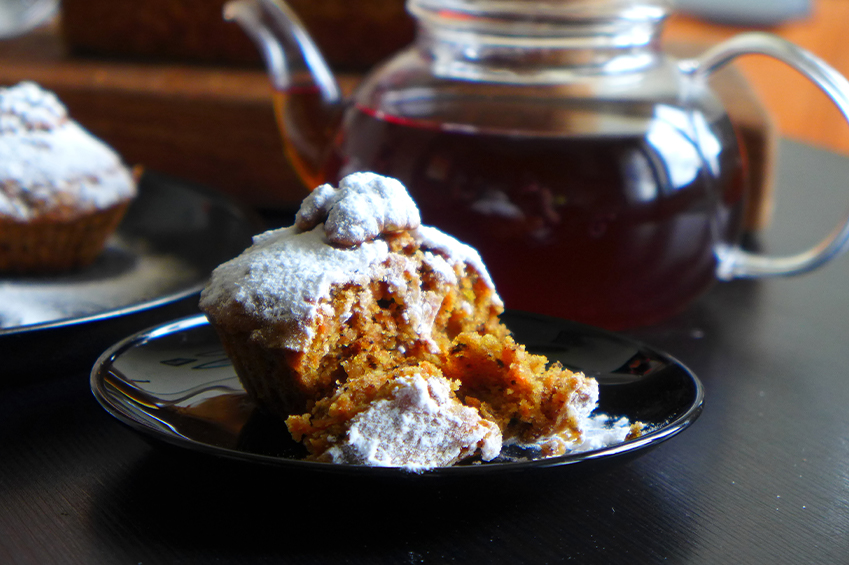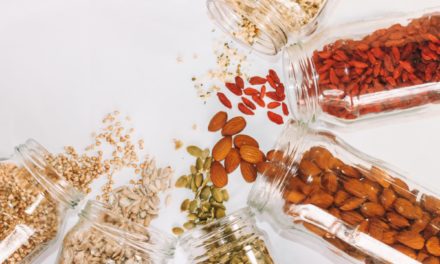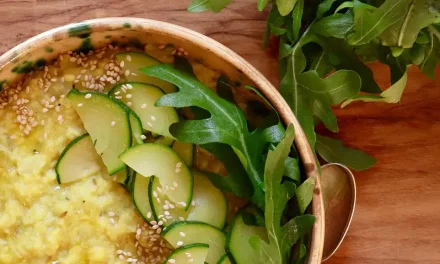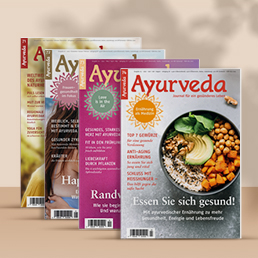Nuts and seeds are not only a culinary enrichment, but are also important from a nutritional point of view. They have been used in Ayurvedic nutrition for thousands of years. Especially now in autumn, nature offers us countless opportunities to collect walnuts, hazelnuts or sweet chestnuts – and for a good reason. Because in Ayurveda, nuts are considered a Vata tonic. Most of them have a strengthening, grounding and nourishing effect due to their warm, grounding and oily properties. Since Vata dominates in autumn, they are a wonderful seasonal balance remedy.
Important: A strong digestive fire
Only when our body is largely free of ama (undigested metabolic residues) and our digestive fire is stable can foods like nuts nourish and strengthen body and mind. If the digestive fire Agni is already weakened, they can increase the imbalance because they cannot be digested. If Agni is weak, it is therefore advisable to consume nuts only in small quantities.
These tips relieve the Agni
- Type and quantity: Eat nuts only in small quantities, always chew them well and do not eat them dry and as a whole nut.
- Time of ingestion: The digestive fire is strongest at midday, therefore it is recommended to eat nuts preferably between 11-14 o’clock.
- Soaking: Nuts can be soaked in water for a few hours before eating. This relieves the metabolism.
- Peel: After soaking, nuts can be additionally shelled (e.g. almonds or Brazil nuts).
- Puree: A nut puree, either bought or prepared by yourself, is an easier-to-digest variant and is especially good for Vata. Alternatively, the nuts can be cooked in the dish (e.g. with kitchari).
- Grind: Nuts can also be ground and added to the dish as a topping. A tasty and easily digestible combination is this nut mix: finely puree two handfuls of walnuts, a tablespoon of fennel seeds and half a teaspoon of cinnamon in a blender and add one to two teaspoons to the food.
Nuts for autumn
Cashews
Sweet and cooling, cashews lower the Vata and PItta dosha in particular. They are best tolerated when cooked.
Chestnuts
Maronen sind basisch, nahrhaft und stärkend und gleichen eher das Vata- und Pitta-Dosha aus.
Haselnüsse
Hazelnuts are warming and nourishing and especially good for Vata.
Almonds
Almonds, which are actually the seeds of a stone fruit, are among the foods that balance Vata. They are sattvic, considered an aphrodisiac and strengthen body and mind. Vatas and pittas can happily eat almonds peeled and soaked.
Brazil nuts
They are full of selenium, sattvic and nutritious, heavy and oily and lower the vata dosha. Consume only in small quantities.
Pistachios
Pistachios are warming, oily and heavy and therefore especially suitable for Vata.
Walnuts
Walnuts are sweet and warming and are also suitable for Pitta and Kapha due to their astringent taste in small quantities.
Seeds are also a valuable addition to the menu in autumn
Linseed
Best in ground form, flaxseeds can be consumed regularly in small quantities by all doshas and provide balanced agni in autumn and winter.
Pumpkin seeds
Sweet, bitter and astringent and suitable for all doshas. Go well roasted as a topping for pumpkin soup or as nut butter in the morning porridge.
Sunflower seeds
Nourishing, heavy and oily and especially good for Vata and Pitta.
Sesame
Heating, nourishing and grounding, sesame is the remedy of choice for Vata and Kapha to defy stubborn winter cold. Especially as laddus with ghee and spices, they unfold their nourishing effect.
Nuts for all doshas
All doshas are welcome to integrate nuts and seeds into their diet in winter, prepared in small quantities according to their constitution. Vatas can prefer to use creamy and nourishing nut purees and nut milks in their morning porridge, and pittas simply hold back a little on overly heating varieties. Kaphas may also reach for nuts and seeds in winter – preferably if they have been dry-roasted in a pan with hot spices – and even then only consume them in small quantities (!).
Recipe for a grounding walnut-carrot cake
Ingredients:
120 g spelt flour – 100 g ground almonds – 60 g rolled oats, ground – 70 g date sugar – 2 tsp baking powder – 1 tsp cinnamon, ground – 1/2 tsp cardamom, ground – 1/4 tsp vanilla, ground – 1/4 tsp ginger, 1 tsp nutmeg, grated – 1 tsp grated organic orange – 1/2 tsp grated organic lemon – 120 ml almond milk – 120 g apple pulp – 4 tbsp ghee, melted – 200 g carrots, grated – 60 g walnuts, chopped
Preparation:
Preheat the oven to 175 °C. Wash the carrots, grate and set aside. Mix all the dry ingredients together. Stir in all the liquid ingredients. Grease a springform pan with a little ghee and pour in the batter. Bake in the oven for approx. 40 minutes until golden brown and enjoy while still lukewarm with vanilla cream and a hot chai tea.
Bon Appetit!

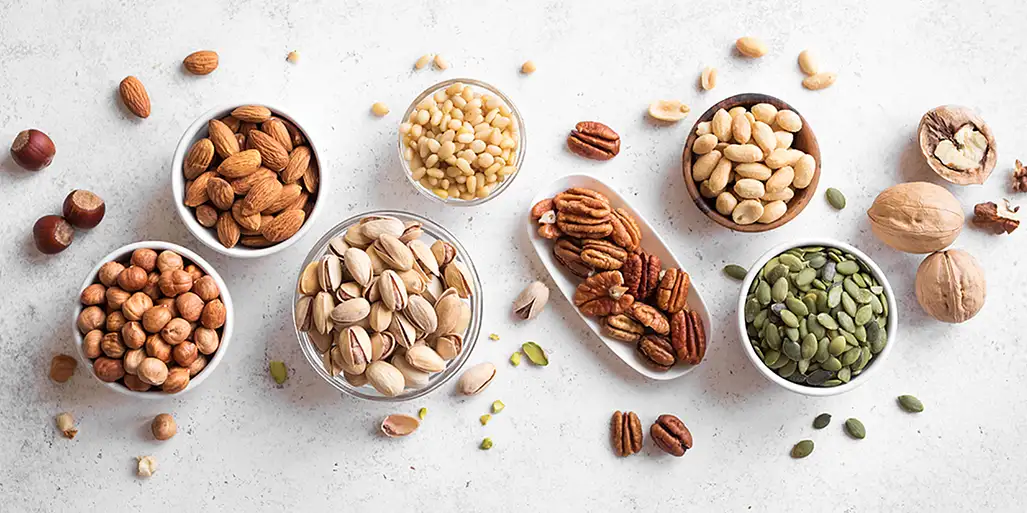 © iStock.com / Mizina
© iStock.com / Mizina 